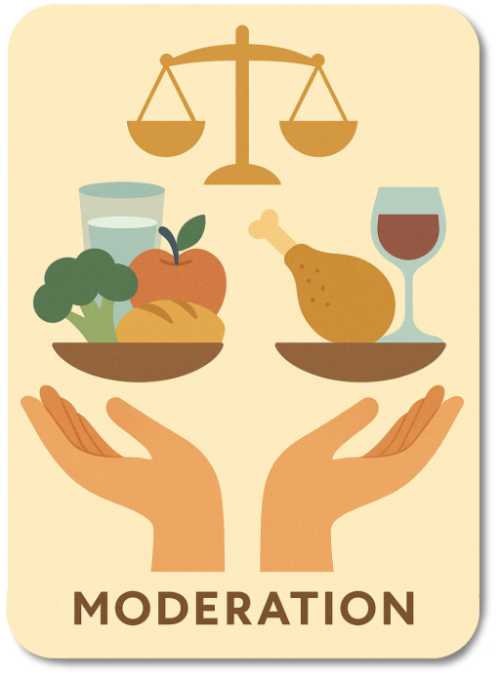Colorectal Cancer:
Digestive Health and Whole-Body Support
Colorectal cancer, which includes cancers of the colon and rectum, is the third most commonly diagnosed cancer in both men and women in the United States. The American Cancer Society estimates that over 150,000 new cases will be diagnosed in 2025, with more than 50,000 deaths. It often begins as small, benign growths (polyps) in the intestinal lining that, over time, may develop into cancer. Screening with colonoscopy has made early detection possible, significantly improving outcomes when caught early. Yet when diagnosed at later stages, colorectal cancer can be aggressive and challenging to treat.
Western medical approaches typically include surgical removal of part of the colon, chemotherapy, and in some cases radiation, especially for rectal cancer. Advances in targeted therapies and immunotherapy are improving survival in certain genetic subtypes. However, these treatments affect the digestive system, causing nausea, diarrhea, constipation, bloating, and reduced appetite. For some, surgical interventions can result in long-term changes in bowel function, nutrient absorption, and emotional well-being.
Traditional Chinese Medicine (TCM) has a long history of focusing on the health of the digestive system, particularly the Spleen and Stomach. In TCM theory, the Spleen governs the transformation of food into Qi and blood, while the Stomach “ripens and rots” food to allow proper absorption. Weakness in this system—called Spleen qi deficiency—can lead to fatigue, loose stools, poor appetite, and dampness in the intestines. TCM may view the development of colorectal cancer as a result of chronic Qi stagnation, damp heat accumulation, and blood stasis in the lower Jiao.
During active treatment, acupuncture can be used to reduce side effects like nausea, bloating, or irregular bowel movements. Specific points such as ST36 (Zúsānlǐ) and CV12 (Zhōngwǎn) may be selected to support digestive function and improve resilience. Herbal formulas are often adjusted for individual needs, but might include ingredients such as bái zhú (白术, Atractylodes) to strengthen the Spleen, and huáng lián (黄连, Coptis) to clear damp heat in the intestines. These must be prescribed carefully, especially when a patient is undergoing chemotherapy or has had part of the colon removed.
After surgery or radiation, some patients experience lingering pain or difficulty regulating bowel movements. Moxibustion—gentle heating of acupuncture points—can warm and strengthen the lower abdomen. Tuina (therapeutic massage) and dietary therapy with warm, easy-to-digest foods may also support healing. Foods like rice porridge, steamed pumpkin, or soups with Chinese yam are commonly recommended.
Emotionally, the gut is closely tied to worry and overthinking in TCM. Prolonged digestive disorders are often linked to unprocessed emotional strain. Supporting the Spleen’s role in emotional regulation through acupuncture and Qigong can help patients cope with the stress and uncertainty of recovery.
While TCM cannot remove tumors or replace surgery, it offers thoughtful support during each stage of treatment—protecting digestion, easing discomfort, and helping the body regain balance after the storm.
Vocabulary Guide:
- Qi (气): Vital energy that powers all bodily functions in TCM.
- Spleen qi deficiency (脾气虚 pí qì xū): A pattern marked by fatigue, poor digestion, and loose stools.
- Damp heat (湿热 shī rè): A pathogenic combination of excess moisture and internal heat, often affecting the intestines.
- Blood stasis (瘀血 yūxuè): Impaired or sluggish blood flow contributing to pain or obstruction.
- Lower jiao (下焦 xià jiāo): The lower body region in TCM theory, including digestive and reproductive organs.
- ST36 (足三里 Zúsānlǐ): A key point on the Stomach meridian that supports digestion and vitality.
- CV12 (中脘 Zhōngwǎn): A central point on the Conception Vessel used to regulate the Stomach and ease bloating.
- Bái zhú (白术): A Spleen-tonifying herb that supports energy and digestion.
- Huáng lián (黄连): A bitter herb used to clear heat and treat intestinal inflammation.
- Moxibustion (艾灸 ài jiǔ): A TCM technique involving the warming of acupuncture points with burning mugwort.



